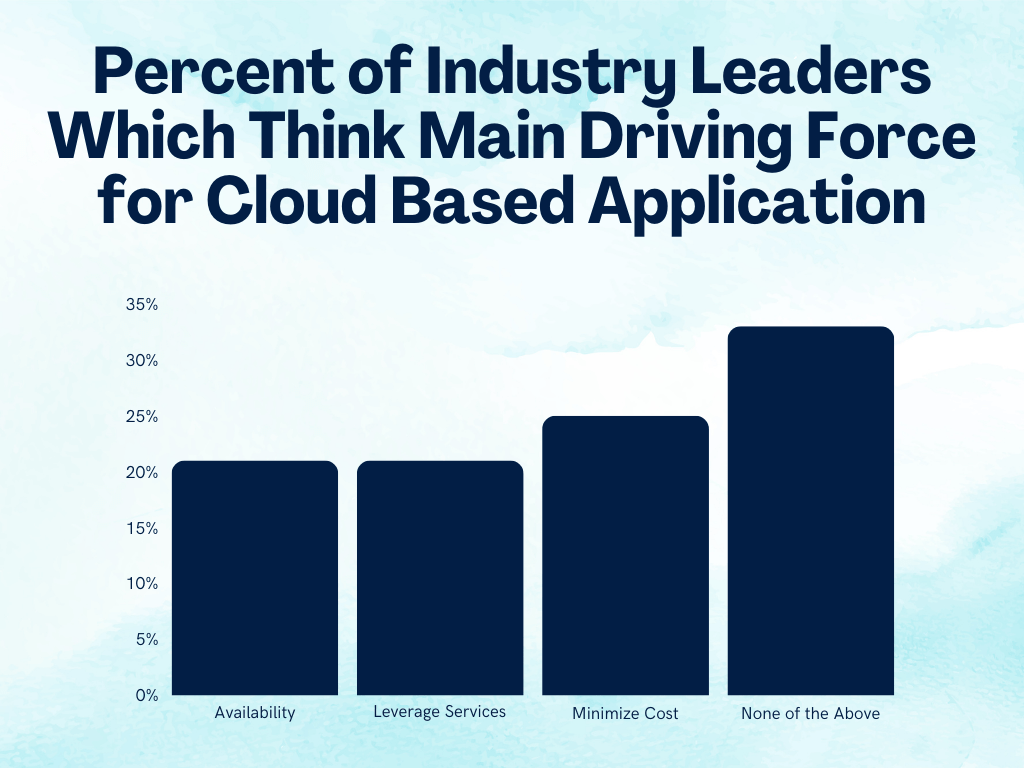The logistics industry is embracing a powerful new trend – the migration to cloud-based management solutions. As supply chains become more complex and customer expectations continue rising, logistics providers require agile and scalable systems to optimize operations. Cloud platforms offer improved efficiency, real-time visibility, flexibility, and collaboration capabilities that legacy solutions cannot match. This transition promises to transform logistics operations and deliver immense value through reduced costs and streamlined processes.
The Advantages of Cloud-Based Logistics Management

Improved Efficiency
Cloud-based logistic automation software provides companies the tools to simplify workflows and eliminate manual tasks. By consolidating data and applications in the cloud, teams minimize duplication of efforts and make data-driven decisions faster. The outcome is higher productivity and efficiency across the organization.
Real-Time Visibility
Real-time visibility into logistics operations is critical for resilient and agile supply chains. A Gartner survey shows that 63% of supply chain professionals have made this a top priority. Cloud platforms enable real-time tracking of orders, inventory, shipments, and other critical logistics data through a centralized dashboard. According to DHL’s radar, adopting such cloud-based tracking systems has decreased shipping delays by 30%. Supply chain and logistics managers can monitor activities across the ecosystem and respond swiftly to disruptions.
Scalability and Flexibility
The scalability of cloud-based logistics solutions enables rapid expansion to match business needs. IDC reports that the cloud allows logistics enterprises to scale their operations 50% faster than traditional systems. Additionally, the flexibility of cloud platforms is invaluable for handling fluctuations in supply and demand. Deloitte finds that cloud-native solutions empower businesses to manage 47% more orders during peak periods. Whether catering to long-term growth strategies or seasonal order spikes, the cloud provides the elastic capacity and agility that logistics providers need.
Cost Savings and Resource Optimization
Transitioning logistics management to the cloud promises significant cost reduction and optimized utilization of critical assets.
Cost Reduction
Migrating supply chain and logistics operations to the cloud provides tremendous savings through lower capital expenses and reduced operating costs. Small and medium-sized businesses can minimize IT expenditures by up to 70% by adopting cloud-based systems instead of on-premise servers, as stated by Microsoft. Large enterprises also gain financially from the cloud’s economies-of-scale. Cloud platforms replace expensive hardware investments in data centers with affordable monthly software subscriptions. The scalable consumption-based pricing accommodates fluctuating business needs.
Energy efficiency also improves substantially in the cloud. According to research by the Carbon Disclosure Project, the use of cloud technology can result in energy cost savings. By eliminating power-hungry servers and data centers, companies hugely diminish their carbon footprint. Efficient cloud data storage reduces reliance on paper documentation as well. Sustainable green solutions save money while advancing environmental goals.
For core supply chain operations, advanced analytics and optimization engines enabled by the cloud reduce expenses considerably.
Built-in machine learning algorithms gain insights from massive data sets that human analysts cannot match. The systems accurately forecast demand, optimize inventory levels, balance transport capacities, and automate decision-making. Instead of needing large analyst teams, cloud-based artificial intelligence handles the heavy number crunching efficiently.
Resource Optimization
Cloud-based logistics management allows enterprises to maximize the utilization of critical warehouse, fleet, and labor resources. Inventory optimization algorithms in the cloud leverage dynamic data from across the supply chain to reduce excess stock by over 20%. Optimized product storage enhances asset turnover ratios. Connected IoT sensors also give logistics managers transparency into resource consumption, availability, and demand fluctuations. Cloud analytics dashboards deliver a single source of truth so that assets remain optimally utilized without costly overflows or shortages.
In transport, dynamic route optimization considers real-time traffic, fuel prices, and order volumes to generate efficient delivery schedules that minimize mileage and energy waste. Drivers receive updated schedules directly on mobile devices. The cloud connectivity also traces vehicle locations, mileage, fuel economy, and sensor-based diagnostics to optimize maintenance operations. Overall, enhanced visibility and advanced analytics enabled by the cloud allow logistics firms to maximize productivity while lowering costs across critical assets.
Security and Data Protection
While the cloud introduces new efficiencies, it also raises valid data security concerns that must be addressed. Cloud service providers implement defense-in-depth models involving data encryption, user access controls, multi-factor authentication, advanced threat detection, and regular security auditing. Logistic enterprises must examine providers carefully regarding security practices and compliance with regulations. With the right cloud partner, companies can achieve security and visibility levels far beyond conventional on-premise installations.
Integration and Collaboration
The power of cloud-based logistics magnifies when integrated with other critical business systems like order management, billing, customer relationship management, and enterprise resource planning. Cloud platforms readily plug into existing workflows via open application programming interfaces (APIs). This creates a seamless exchange of data between connected systems. The result is end-to-end automation and synchronization.
Furthermore, cloud ecosystems enable seamless collaboration across far-reaching supply networks. Logistics partners, vendors, distributors, and customers can access relevant real-time information. Universal visibility facilitates communication and collective decision-making to overcome challenges.
Challenges in Adopting Cloud-Based Logistics
Migrating logistics systems to the cloud, however, involves notable risks and challenges companies should anticipate. Transition planning is essential for securing executive buy-in, accommodating technology shifts, providing personnel training, and minimizing business disruption. Firms also need competent cloud support partners to guide IT change management and ensure optimal system configurations.
The Future with Cloud-Based Logistics
Global investments in logistics cloud solutions are forecasted to grow. Emerging technologies like artificial intelligence, the Internet of Things (IoT), 5G connectivity, and blockchain will expand capabilities further by delivering intelligent automation and supply chain transparency. The logistics industry of tomorrow will be defined by data-driven, customer-centric, sustainable, and entirely collaborative operations across cloud-based networks. Leading providers recognize this paradigm shift towards cloud-based logistics management as inevitable – the question is not “if” but “how soon.” The transformative impact makes this technological turning point impossible to ignore. Businesses must start cloud migration journeys now to gain a competitive edge.
Embracing the Future
Cloud-based architecture provides the logistics sector with the digital infrastructure necessary for meeting relentless customer demands. The innovative technology promises improved efficiency, real-time visibility, scalability, cost savings and enhanced security currently lacking in conventional systems. By unleashing the power of the cloud, logistics enterprises can achieve new levels of innovation to thrive both today and tomorrow. The move to managed cloud services marks the next chapter of growth for the global logistics industry.
Frequently Asked Questions (FAQs)
What are the key benefits of adopting cloud-based logistics management?
The most impactful benefits are real-time data visibility for responsive decision-making, rapid and flexible scalability to match business growth, improved operational efficiency through process automation, reduced IT and labor costs, robust security, and seamless collaboration across logistics networks.
How can companies ensure data security with cloud-based logistics?
Companies should consult expert guidance for managing cloud security using encryption, access controls, multi-factor authentication, advanced threat monitoring, regular audits, and backup systems. Establishing security responsibilities between vendor and client is also critical.
What risks are involved in shifting to cloud-based logistics?
Notable risks include business disruption during the transition phase, lack of personnel training on new systems, suboptimal vendor partnerships, inability to configure cloud platforms correctly for the organization’s needs, and failure to align technology roadmaps with executive leadership.











